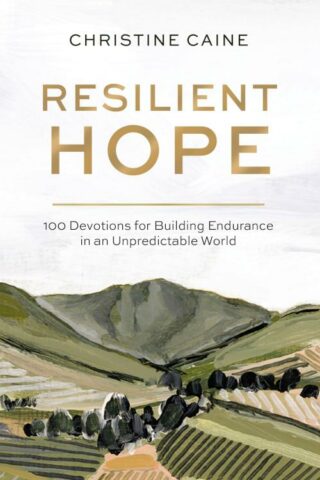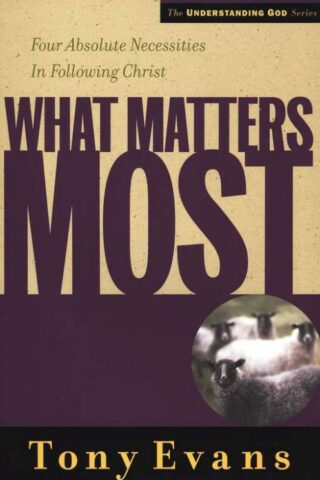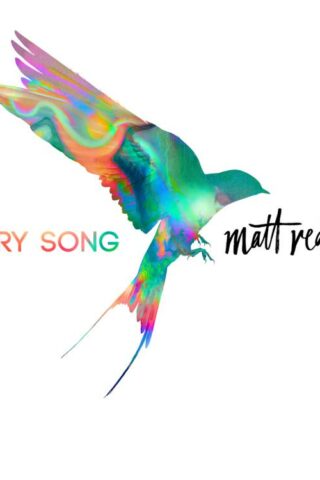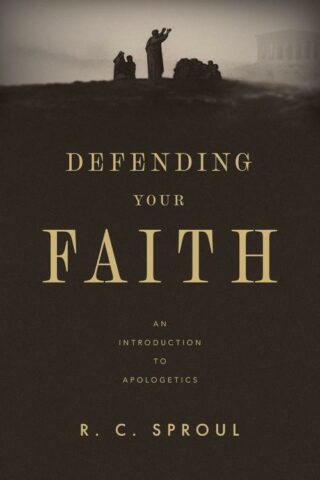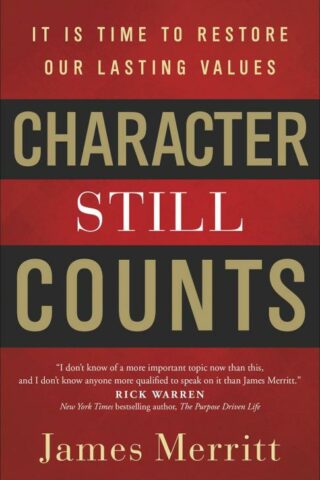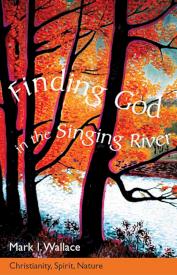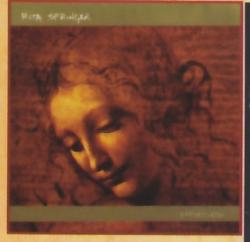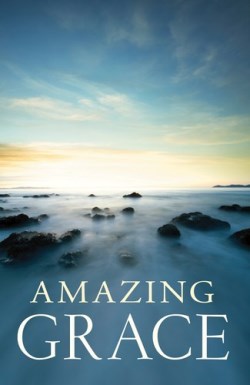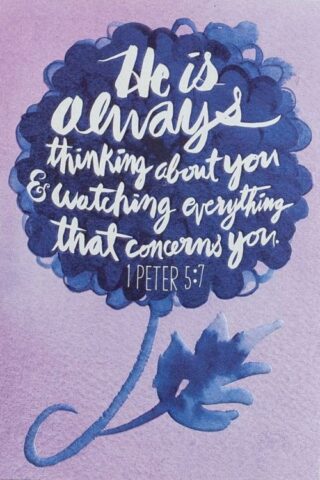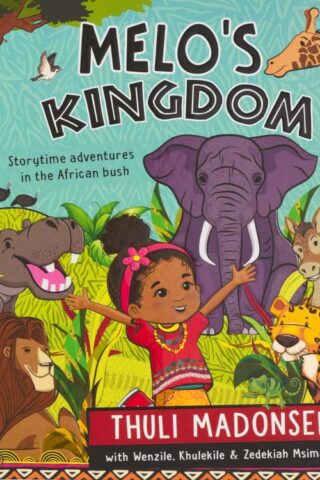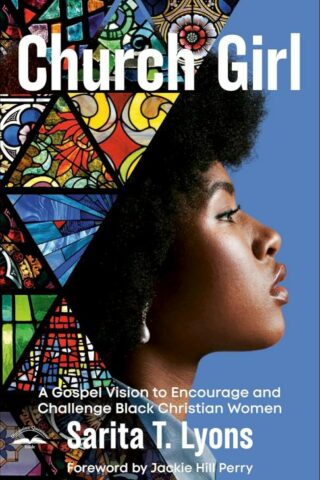Mark Wallace
Showing the single result
-
Finding God In The Singing River
$48.33Illustrations
Preface
Introduction
1.God Is Green
The Earth Crisis Is A Spiritual Crisis / Ecocidal Addiction
The Historic Agon Of Spirit And Flesh
Earth, Air, Water, Fire
2.The Mother Bird God
God On The Wing / The Trinity And Paganism / Is God Female?
Biblical Imagery Of The Earthen Mother Spirit
3.Green Spirituality, Brownfields, And Wilderness Recovery
The Current Environmental Debate
Toxic Sacrifice Zones And The Quest For Justice
Deep Ecology And Wilderness Activism
Mediating The Debate, Green Spirituality, And Market Values
4.Green Spirituality And The Problem Of Humanism
Dr. Seuss’ The Lorax / The Priority Of Human Being
The Problem Of Universal Reason In Humanist Thought
The Problem Of Species Chauvinism In Humanist Thought
Extending The Horizon Of Morality To Include All Life-forms
5.Green Spirituality And The Invitation Of Postmodernism
The Challenge Of Deconstructionism
Is Nature Real? / Riding The Cusp
Green Theology In A Postmodern, Constructionist Context
Kenneth Gergen’s Social Constructionism
6.Earth God As The Wounded Spirit
In The Vatican Museums / The Cruciform Spirit
Spirit And Earth, Union Of Heart / The Wounded God
Eating The Body And Drinking The Blood Of God
7.The World Is Alive With Spirit
A Council Of All Beings Ritual
Sojourning In The Crum Woods
The Crum Woods Under Siege
The Crum Woods As The Wounded Sacred
Is The Crum Woods An Idol? / My Return To The River
Notes
IndexAdditional Info
We live in an age of vast and rapid destruction of habitats and species. Yet Christianity holds great potential for healing this situation. Indeed, the Bible and Christian tradition are a treasure trove of rich images and stories about God as an “earthen” being who sustains the natural world with compassion and thereby models for humankind environmentally healthy ways of being.Mark Wallace’s stimulating book retrieves a central but often neglected biblical theme – the idea of God as carnal Spirit who indwells all things – as the basis for constructing a “green spirituality” responsive to the environmental needs of our time.
In the biblical tradition, he writes, God as Spirit is an ecological presence that shows itself to us daily by living in and through the earth. One message of Christianity, therefore, is celebration of the bodily, material world – ancient redwoods, vernal springs, broad-winged hawks, everyday pigweed – as the place that God indwells and cares for in order to maintain the well-being of our common planetary home.
Alongside his green reading of the Bible and tradition, Wallace employs the resources of deep ecology, Neopagan spirituality, and the environmental justice movement to rethink Christianity as an earth-based, body-loving religion. He also analyzes color images reproduced in the book. Wallace’s bold yet careful work reawakens our sense of the sacrality of the earth and the life that the trinitarian God creates there. It also grounds the impulses of New Age spirituality in a profoundly biblical notion of God’s being and activity.
Add to cartin stock within 3-5 days of online purchase

